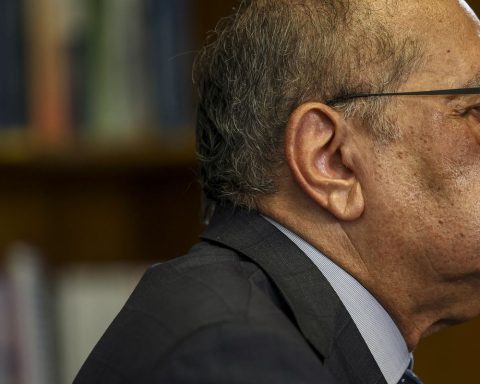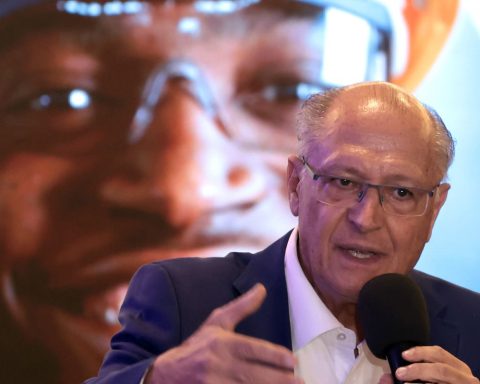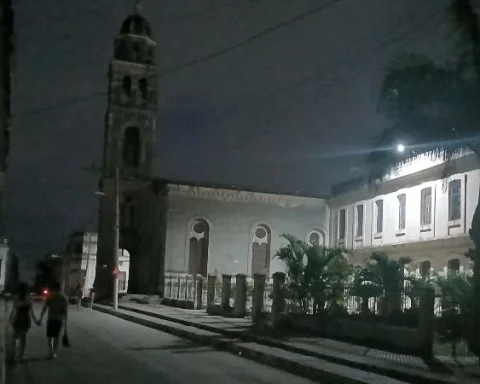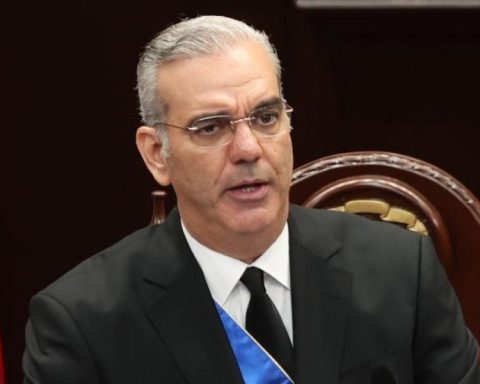The United Nations (UN) Global Compact in Brazil will hold tomorrow (16) the first module of the Anti-Corruption and Value Chain course, aimed at small and medium-sized companies. In online format, the course will be held from 19:00 to 21:00. Two more modules are scheduled, on the 18th and 23rd of this month, at the same time.
The course intends to offer integrity and anti-corruption training, in line with the UN’s Sustainable Development Goal (SDG) number 16, which deals with more honest and transparent institutions. “The objective is precisely to influence our value chain, so that we can raise awareness of the risks and ills of doing business that is not clean”.
According to Juliana Breno, the objective is practical: “It is to demonstrate to these companies that they do not need to be large companies, but they need to have these very ingrained principles, and we are going to show you how you can do this in a simple way”.
This Tuesday’s module (16th) will address the topic Demystifying duo diligence. “It’s a reputational risk assessment, preventive, to know who the company is dealing with”, said Juliana, noting that the intention is not to inform a list of things that the company should do. “It’s kind of like tell me who you hang out with to see if I go along,” she explained, joking.
Among the instructors, the course will feature Márcio Campanelli, governance and compliance executive, consultant and independent member of committees in the area; Renata Ferreira, production engineer and manager of Corporate Integrity at Eletrobras; and Marcos Rossa, Compliance Manager for Cushman & Wakefield for South America.
next class
Due to the large number of subscribers (744), the course coordinator, Juliana Breno, said that a new class will be opened at the end of November. For the new group, Juliana said that the objective will be to get out of the anti-corruption spectrum and have a more holistic approach to ESG (environmental, social and corporate governance), expanding the scope to also address other topics, such as human rights, environmental impacts.
The initial goal was to reach up to 100 registrations from people/companies. The first group will have 100 companies, with flexibility for another 10%. The November class should have between 150 and 200 participating companies, predicts Juliana.
For 2023, considering the high demand, the intention is to partner with a university, said Juliana, who is leader of the Global Compact Value Chain project and Schneider Electric’s Regional Compliance Officer for South America.
100% transparency
The Global Compact is a voluntary initiative. It is a call for companies to align their strategies and operations with the Ten Universal Principles in the areas of human rights, labor, environment and anti-corruption and to develop actions that contribute to facing society’s challenges.
Among the Pact’s initiatives is the 100% Transparency Movement, whose objective is to encourage and train companies to go beyond legal obligations, strengthening mechanisms of transparency and integrity in prominent companies to make them more resilient and examples of success for other companies. from the country.
Companies that are part of the Global Compact are also invited to join the movement and promote concrete actions. For this, they sign commitments and have goals to meet by 2030. According to Juliana, the commitments are appropriate to the reality and capacity of each company.
“The concept of integrity only makes sense if it is palpable and tangible for companies. If it has meaning. We will invite companies to join the 100% Transparency movement.”
The UN Global Compact Anti-Corruption and Value Chain course in Brazil is carried out in partnership with Schneider Electric, Eletrobras and Cushman.















